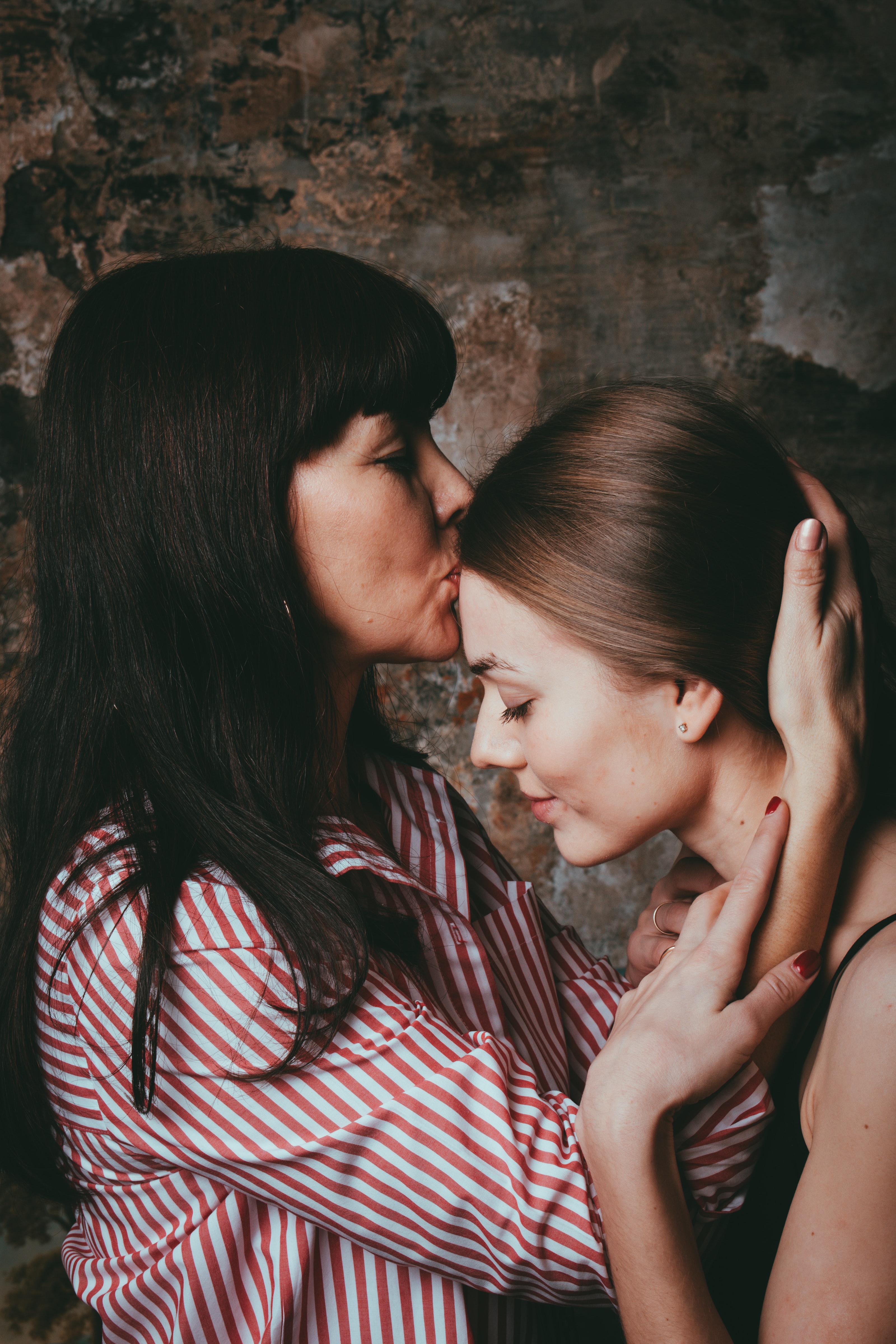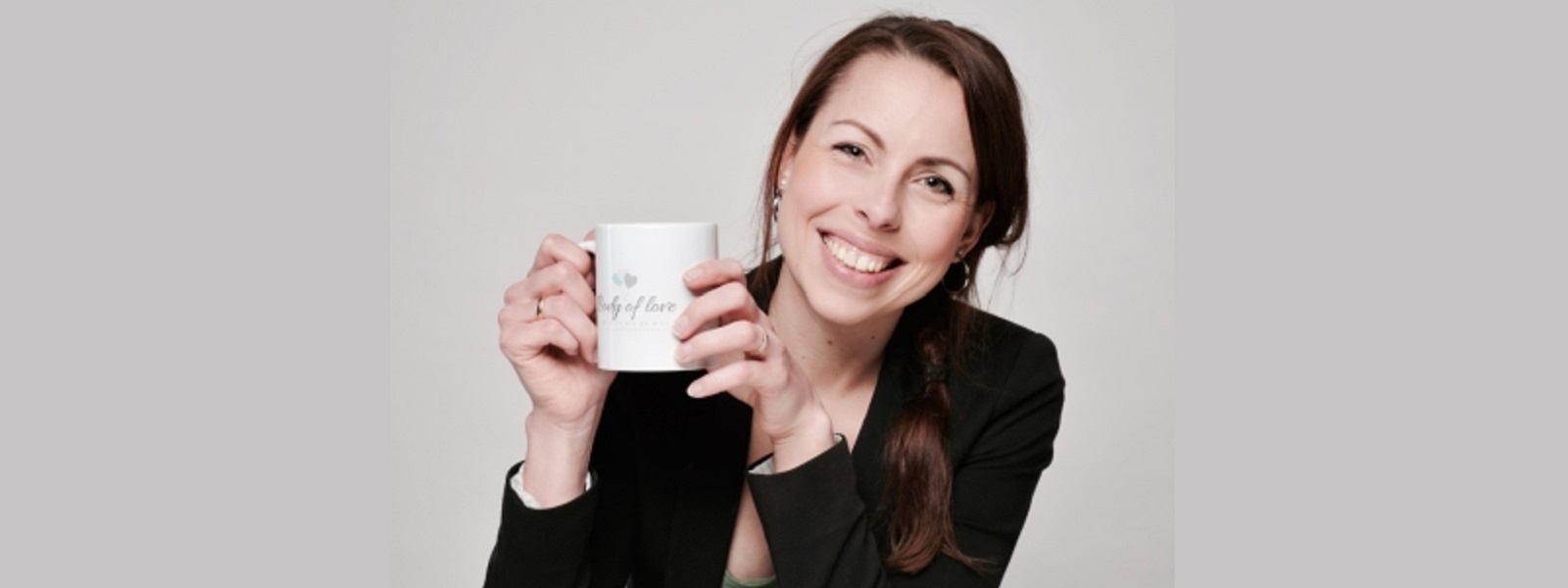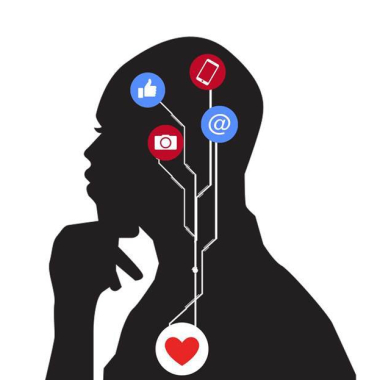By Petya Eckler
Mothers. They shape us in so many ways: from the genes we inherit, to the foods we learn to love (or hate!), to the family rituals we share in childhood and the worldviews we accept as our own. Mothers are also major role models for children’s body image development.
Many studies have shown a close relationship between mothers’ body image attitudes and behaviours and those of their daughters.

For example, a study of female university students and their mothers showed a significant parallel between mothers’ levels of body dissatisfaction and eating symptoms and their daughters’ levels of the same concerns and behaviours. The study dug deeper into this relationship and found that “Daughters who felt pressured and criticized by their mothers around eating and body image issues were much more prone to report eating problems and figure dissatisfaction,” a conclusion which has been reached many times before and after this particular example.
Further, mothers’ unconscious assimilation of media messages promoting thinness influenced their daughters’ eating symptoms. The authors concluded that “Mothers may be conveyors of societal values, serving as a window into society at large” and when those values promote dissatisfaction with your own body and an idealised female look, mothers can become yet another way to ingrain these expectations into daughters’ minds.
Another more recent study put mothers and their pre-teenage daughters (8-12 years old) in an experimental situation, where the pairs were reading thin-ideal magazines and mothers were instructed to either make negative comments about their own weight, shape and diet or no comments at all about appearance or diet. The girls’ attitudes towards their bodies and eating were measured before and after reading the magazines, and their actual eating behaviour was measured afterwards.

The authors found that “girls whose mothers made more self-critical comments about their own weight, shape, and diet had lower levels of body esteem, were more dissatisfied with their body shape, had more problematic eating attitudes, and demonstrated more restrained eating habits than girls whose mothers made no appearance or diet related comments”. This study shows that our attitudes and behaviours towards our own bodies affect directly how our daughters and sons view and treat their bodies from a very young age.
The bottom line is: the best way to teach our children to accept and appreciate their bodies is by showing the same acceptance and appreciation towards ourselves!
Easier said than done, I know. So let’s hear from some of the mothers on our team about how they work to encourage good body image in their children.
Andrea Tonner, senior lecturer in marketing at University of Strathclyde

“We have 4 children in our family. A boy and girl aged 11, girl aged 5 and boy aged 2. The way we talk about and think about our bodies is different with each child and at each stage of development. Our 11 year olds are on the cusp of adolescence, so they’re very focused on body change and body purpose at the moment. They’re beginning to take more responsibility for their own bodies and their health, there is much more grooming and self-care going on in our bathroom and more decisiveness about clothing choices. They’re thinking about their needs for sleep and activity (particularly during lockdown when they’ve been cut off from their usual activities and routines).
When we talk about our bodies, we often do it with reference to our youngest son who has Down Syndrome and associated hypotonia (low muscle tone) and hypermobility (excessive bendiness). This has helped our children think about what their bodies can and can’t easily do. When our son was taking longer to roll over, sit up, cruise, walk and now talk we can use this as a way of discussing how all bodies and all people are different and the unseen work our bodies do for us every day. This, I hope, is helping our children be inclusive in their attitudes to bodies, to understand that healthy bodies aren’t guaranteed, to appreciate that every body has limitations and strengths and to try to focus on their own positives.
My children have witnessed my own body change over time: they’ve seen my pregnant body, exhausted new-mum body, a strong body that moves furniture and is capable, and a frail body recovering from illness or injury. I hope my responses to my ever-shifting body help them deal positively with the inevitable changes to their own bodies through adolescence and adulthood.”
Denise McElroy, Health and Wellbeing Adviser, Disability and Wellbeing Service, University of Strathclyde

“I have two adult children now, a son, who is 26 and lives in Japan, and a daughter, who is 23 and doing her second degree. They are at opposite ends of the height scale. My son is 6 feet 1 inch tall and Alicia is 5 feet 2. My son has always been very tall and slim and reference was made by many people to this, though likely they felt that this was acceptable. This made him particularly self-conscious as he reached his teenage years, as he did not have the ideal body look at that time – muscles and bulked up. My daughter is also slim but has a larger bust size, something she was extremely self-conscious about as a teenager and would wear baggy clothes and jumpers to hide under.
I share with both of them this message below and apply the same to myself. As they became teenagers/adults, this has become harder, but I’m continuing on!
My message to them is: You are an individual, don’t compare yourself to others. You are healthy and well and try to appreciate what your body does for you. Focus on the positives and surround yourself by friends and others who are kind and supportive and build your confidence and self-acceptance to think of yourself as a whole person and the good qualities you have.”
Anke Kleim, PhD student at University of Strathclyde and Body Image Movement Global Ambassador

“Mummy, may I kiss your tummy?” my 3 year-old asked me two days ago. He had loved to do this during my entire pregnancy with his baby brother; now that I had given birth to our second son four weeks ago, I wondered why he would still like to do this.
“Darling, there’s no baby inside my tummy anymore…,” I began. My son gazed at me with his mummy-I-know-that look. Sure, he knew. So I let him kiss my tummy, smiled and gave him a big thank-you hug.
Knowing how devastating, energy consuming and lonely body loathing can feel, I want my sons to build and sustain a healthy relationship to their bodies. There certainly are many ways to get there, and I am constantly learning how to do this myself, but one thing I know: this won’t work if we as parents do not lead by example. Even small gestures like the one above count.
My body-positive journey has helped me to embrace myself. So instead of freaking out about my wobbly, stretch-marked post-baby belly when my son wanted to kiss it, I gratefully acknowledged that my tummy had grown and birthed two amazing kids and that it DESERVED being treated in a loving, respectable manner, no matter how it looked. I do not have to love everything about me, but I can still accept it and be grateful for it.
In the above situation, I did not speak out any of those things because I wanted to reassure my son that kissing my tummy was a natural thing to do and did not have to be justified or in any way discussed (especially when he simply wanted to show his love).
While it is certainly imperative to avoid negative body talk in front of our kids, sometimes it may be wise to not make appearance “a thing” at all and instead focus on things that really matter: how happy, healthy, loved and strong we feel.
In my attempt to raise body positive kids, I do tend to comment on the amazing things his or someone else’s body can do; for instance, “Look how strong your arms are! They can hold your baby brother!”
On a slightly different note, I am also trying to connect this to intuitive, mindful eating habits. This entails maintaining their natural feeling of when they are hungry and when they are full (kids still have that!), and, amongst all food choices they have (including sweets), helping them understand what kind of food gives them good energy, helps them grow, run faster, etc. and what might be “soul food”, which is absolutely okay, too, but you know… 😉
Finally, motherhood is a beautiful opportunity to learn and embrace ourselves in our individual, wonderfully flawed uniqueness. This can be a real game changer and make life so much better and easier (in other words, do not waste your time and energy worrying about your body)! Whenever in doubt, remember, our kids love us just the way we are, and their love has absolutely ZERO to do with how we look.”
